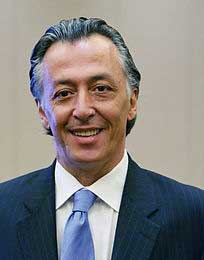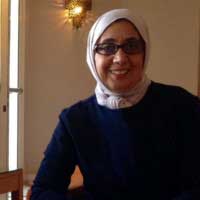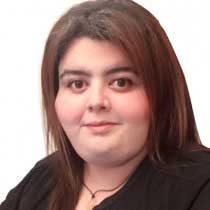Commemorates The 11th Anniversary Of Libya's February 17th Revolution
FEBRUARY 17, 2022 12:00 - 1:30 PM EST
On Thursday, February 17th, the Libyan American Alliance hosted a virtual discussion with US Ambassador and Special Envoy for Libya Richard Norland, and five leading Libya experts to discuss Libya 11 years after the February 17th Revolution.
The experts included former Libya Special Envoy and current Middle East Institute Non-Resident Scholar Jonathan Winer; former White House North Africa director and the Washington Institute for Near East Policy’s Libya expert Ben Fishman; current member of Libyan Parliament and former Foreign Minister of the Government of National Salvation Aly Abuzaakouk; the Atlantic Council’s Senior Resident Fellow Karim Mezran; and American University professor Dr. William Lawrence as moderator.
The comprehensive and wide-ranging discussion covered the U.S. position, as well as contemporary efforts to stabilize the country and put its democratic transition back on track.
KEYNOTE SPEAKER
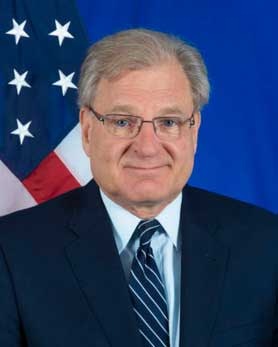
AMBASSADOR RICHARD NORLAND
U.S. Special Envoy for Libya
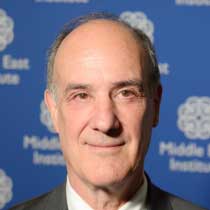
JONATHAN WINER
Fmr Special Envoy for Libya. Non-Resident Scholar, Middle East Institute
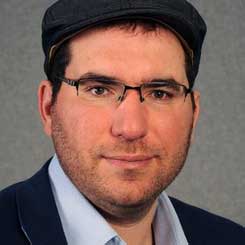
BEN FISHMAN
Senior Fellow, The Washington Institute for Near East Policy
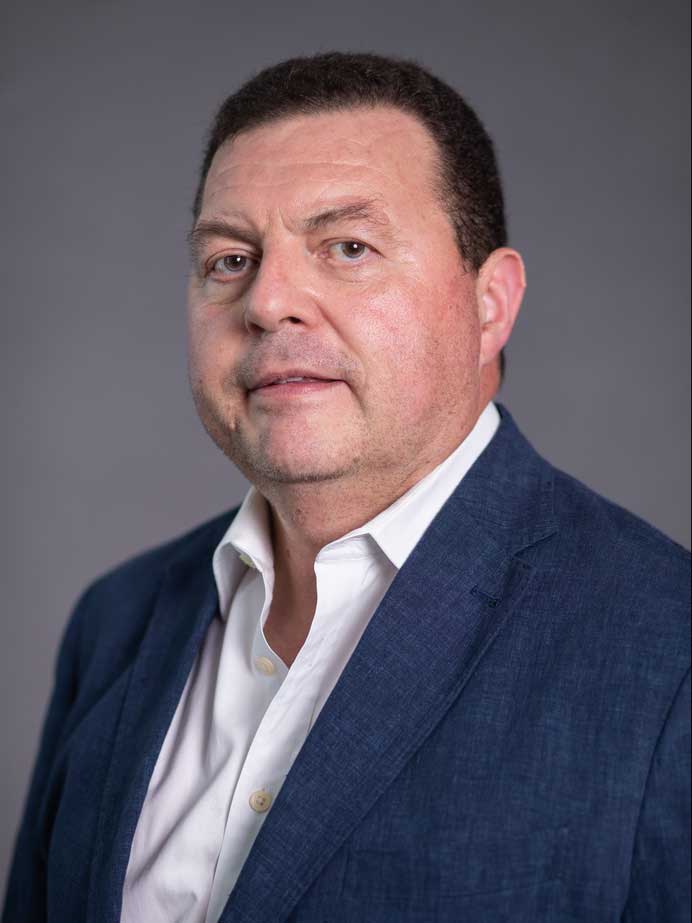
KARIM MEZRAN
Resident Fellow, Rafik Hariri Center & Middle East Programs, Atlantic Council
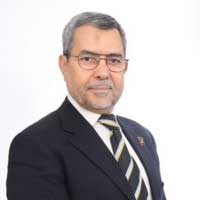
ALY ABUZAAKOUK
Parliamentarian, CFDH President
EVENT WRAP-UP
Dr. Esam Omeish updated the audience on the Libyan American Alliance’s projects to foster passage of the Libya Stabilization Act in Congress, speak against the Muslim Ban and mobilize Libyan Americans to advocate in support of the NO BAN Act, release a policy paper on transnational human trafficking and smuggling of refugees and migrants in Libya, host a panel event with experts on the refugee and migrant crisis, and consult on a lawsuit brought on behalf of victims of human rights violations during the 2019 Tripoli offensive.
SPECIAL ACKNOWLEDGMENTS
HAFED AL GHWELL
Senior Fellow at the Foreign Policy Institute (FPI) of the Paul H. Nitze School of Advanced International Studies (SAIS) at Johns Hopkins University.
DR. LAMEES BENSAAD
LPDF Member, Professor at University of Tripoli
HALA BUGAIGHIS
Co-Founder, Jusoor Center for Studies and Development
Ambassador Norland highlighted several reasons for the postponement of the December 24 elections, including (1) the emergence of controversial candidates–like military commander Khalifa Haftar as well as Saif al-Islam Gaddafi, whose leadership bid, says Amb. Norland, has been facilitated in part by Russia; and (2) the candidate vetting process broke down “largely at the hands of the judiciary”.
Despite the breakdown of the electoral process, Amb. Norland expressed optimism as nearly 3 million Libyans registered to vote. As a result, no politician wanted to be held responsible for delaying elections, thereby failing to announce the postponement until three days before election day.


Mr. Abuzaakouk began by stating that “Libyans are hungry for democracy, hungry for civilian government, hungry for real stability.” Despite being a parliamentary member, he criticized the HOR for failing to follow the internal quorum in its decision-making process last Monday. Abuzaakouk expressed hope for a resolution between the Dbeibah government, the Geneva-led process, and the Tobruk-designated Bashagha government.


Mr. Mezran stated that the problems that are the basis of the Libyan civil war have not been resolved and, until those problems have been addressed, elections will not reunify the divided country. In fact, Mezran criticized the international community placing extreme importance on national elections when they should be finding solutions through a transitional justice program, a national reconciliation conference, or something more basic than a single election. Clearly, elections will not erase the trauma of the Tarhuna mass graves, the Tripoli massacre, or any other crime from the collective Libyan memory.

In response to Mezran’s comments about a reconciliation program, Ambassador Norland spoke of a recent laudatory USAID – sponsored American Bar Association mediation effort involving Ahali and Tebu tribes in the South as a possible solution for reconciliation to be implemented nationwide.
Amb. Norland suggested progress being made towards reunifying Libya despite the appearance of dueling prime ministers, noting the recent reopening of the coastal road and resumption of flights between the Mitiga and Benina airports. Whether the HOR had a proper quorum or vote in naming Bashagha as its new prime minister, UNSMIL believes the vote for Bashagha was decisive, and the United States is guided by UNSMIL’s interpretation. Amb. Norland expects a roll-call vote on Bashagha’s cabinet to be held as early as next week.

